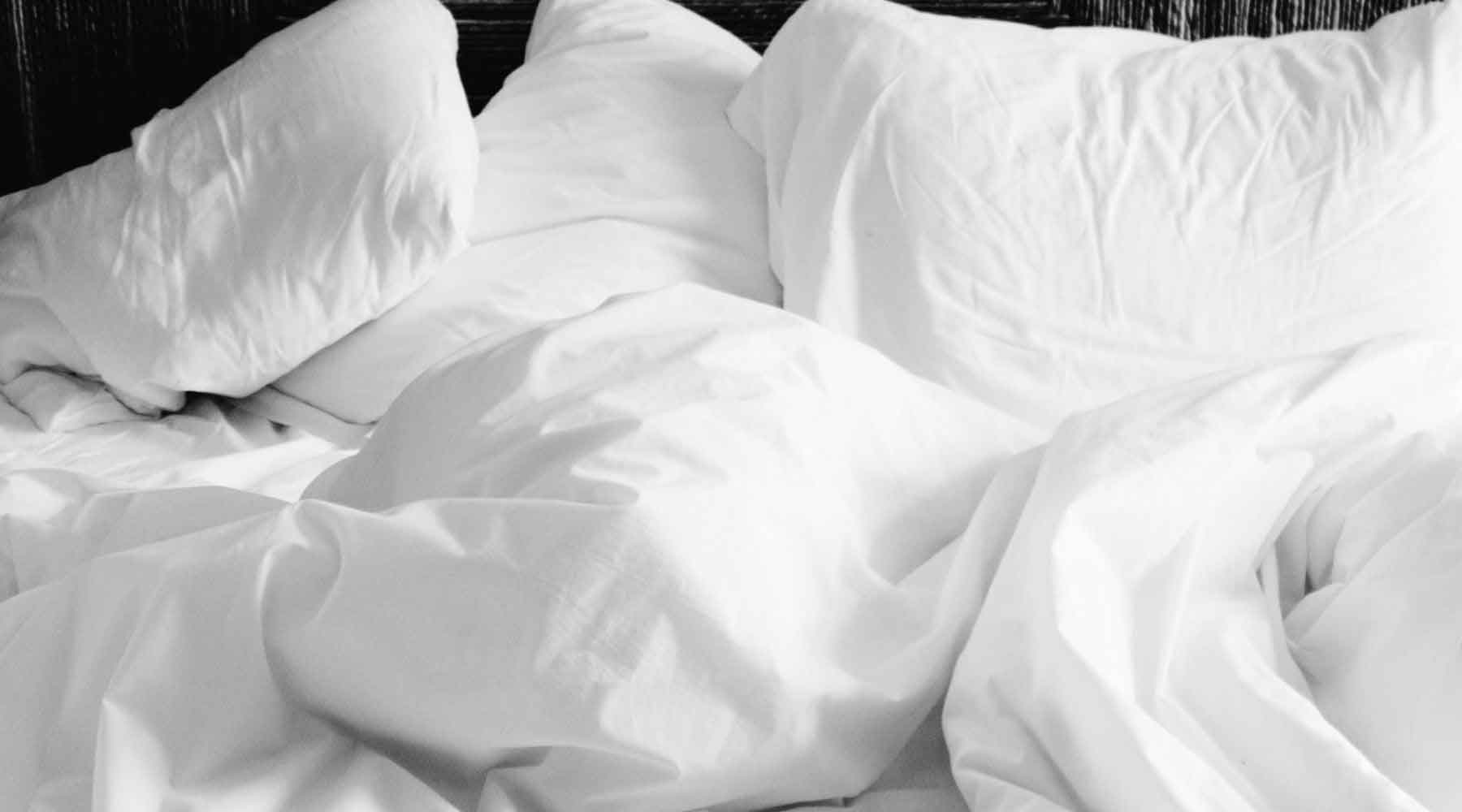
HOW MUCH SLEEP DO WE REALLY NEED?
Have you ever stopped to consider whether your nightly rest aligns with your body's needs? With a substantial portion of our lives spent in slumber, understanding the significance of sleep duration is paramount. Yet, determining the ideal amount can be a puzzle, and deviations from the norm—be it too little or too much—can have tangible repercussions on our health and well-being.
Although monitoring sleep patterns might not rank high on your list of priorities, the duration of your nightly repose plays a pivotal role in shaping various facets of your life, including mood, weight management, and cognitive function. However, with bedtime routines subject to fluctuations driven by evening commitments, television schedules, or simple fatigue, it's no surprise that a significant portion of the population falls short of the recommended sleep threshold.
Fortunately, optimizing your sleep cycle is within reach and can yield substantial benefits. While individual sleep requirements vary, adhering to age-based guidelines offers a valuable starting point. These guidelines, informed by comprehensive research, offer insights into the optimal sleep duration tailored to different age demographics, laying the groundwork for enhanced health and vitality.
Sleep Guidelines3:
- Birth to 3 months: 14 – 17 hours
- 4 to 11 months: 12 – 16 hours
- 1 to 2 years: 11 – 14 hours
- 3 to 5 years: 10 – 13 hours
- 6 to 12 years: 9 – 12 hours
- 13 to 18 years: 8 – 10 hours
- 18 to 64 years: 7 – 9 hours
- 65 years and older: 7 – 8 hours
It's essential to recognize that these figures are averages; while some individuals may thrive on a full 9 hours of sleep, others within the same age bracket might find 7 hours to be ample. When determining your ideal sleep duration, consider how you feel with different amounts of sleep. Evaluate by asking yourself:
- Do you wake up feeling rejuvenated after the recommended hours, or do you still feel sluggish?
- Do you experience daytime drowsiness?
- Are you reliant on caffeine to stay alert throughout the day?
- If you share your bed, does your partner experience any sleep-related issues?
Your parents' advice about the significance of a good night's sleep wasn't unfounded. If you're concerned about your sleep habits, these straightforward steps can assist you in resetting your sleep cycle and identifying the perfect amount of rest for you.
For any persistent sleep problems, always consult a doctor.
1Source: ‘Why lack of sleep is bad for your health,’ NHS UK, 30/05/2018
2Source: ‘How much sleep do we really need?’ Havard Health Publishing, 08/2019
3Source: ‘How Much Sleep Do I Need?’ Centers of Disease Control and Prevention, 02/03/2017






